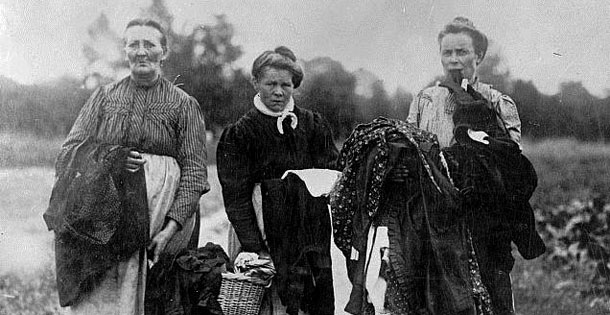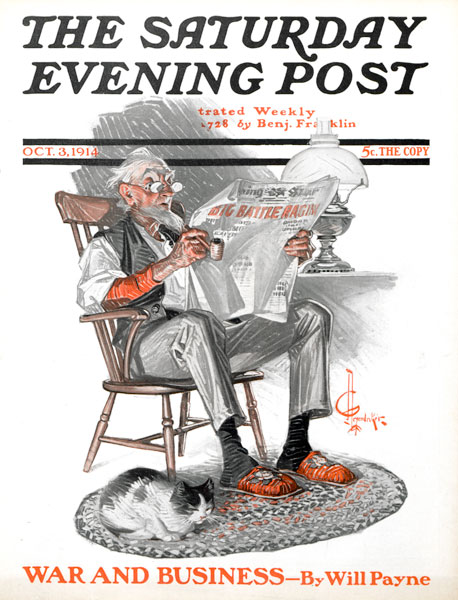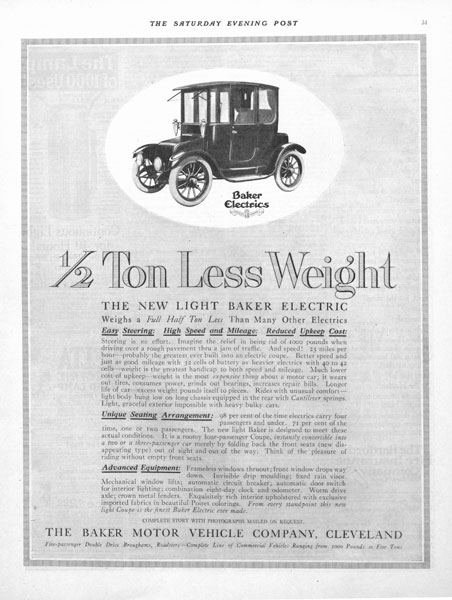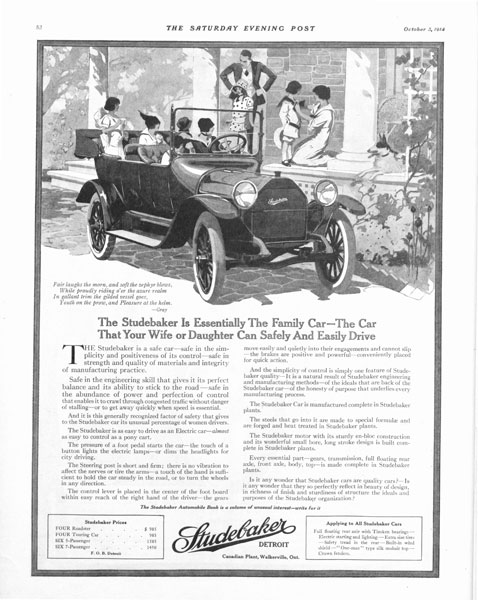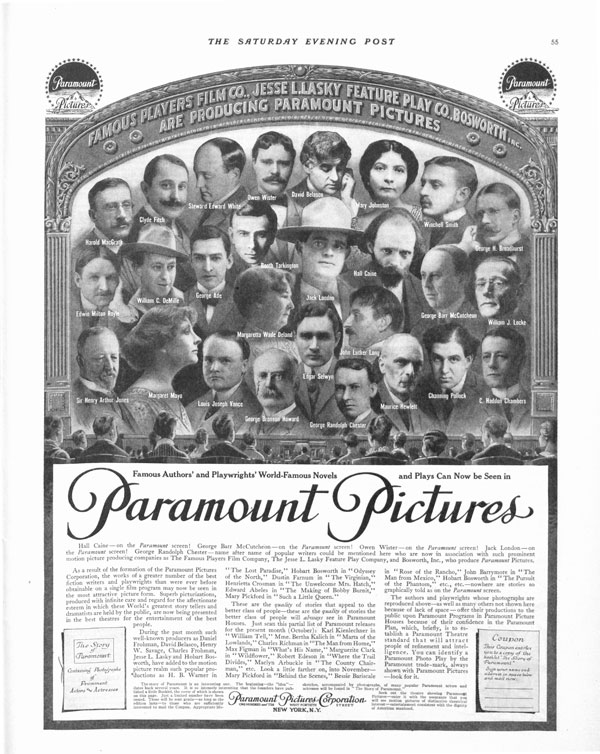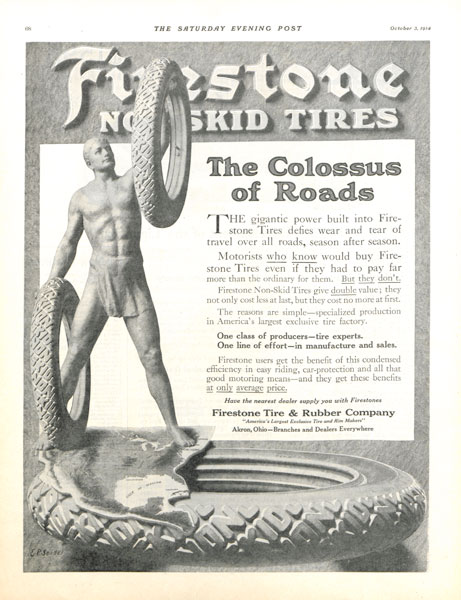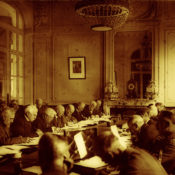From the Post October 3, 1914: A Post author gets swept up with Belgian refugees fleeing the advancing German army, Americans become desperate to get home, and tragedy jars the British awake.
The Refugees: A Night Among the Peasant Fugitives at Ostend
By Reginald Wright Kauffman
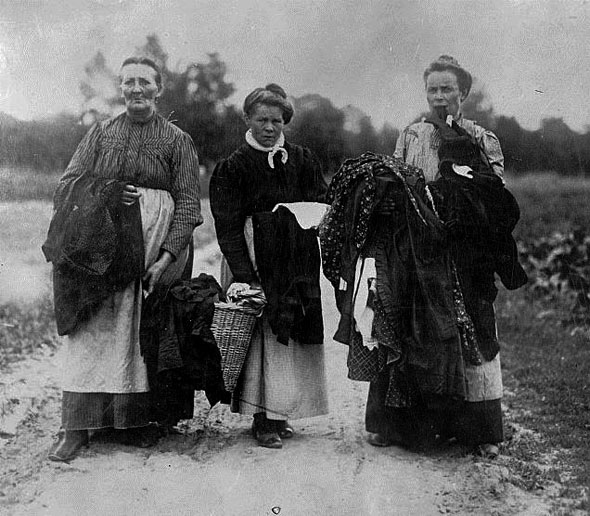
By October, many Americans caught in Europe when the war began had finally secured passage home. Among the eyewitness contributors in this week’s issue was the American author Reginald Wright Kauffman who painted a vivid picture of a Belgian resort town crowded with war refugees.
“When I left it, Ostend looked like the lakefront of Chicago must have looked during the great fire.
“Picture to yourself Atlantic City [with] three times its accustomed population … crowd them along all the pavements of all the streets, up the Boardwalk and down; toss them on to the beach — women, children and old men, some wounded, more ill, all robbed of their material possessions, and many robbed of the lives of those they loved best on earth!
“Do this, and you have Ostend as I saw it.
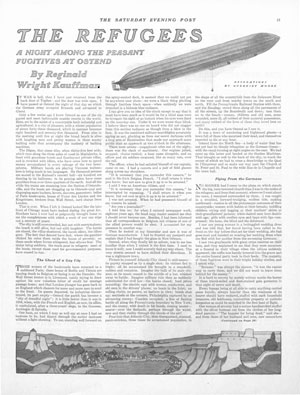
“I was in the midst of the refugees; and from that moment, wherever I went about the town, I remained surrounded by them. … I saw one young woman in a bedraggled wedding dress and was told that, her fiancé having been called to the front on the day before that set for their wedding, she had gone mad and insisted on wearing her wedding dress when she fled with her mother from the oncoming Germans.
I saw two graybeards with great crêpe rosettes on their hats, and they explained to me that they were mourners at a funeral in their village when the [cavalry] suddenly appeared; the coffin was hastily lowered into the grave and the entire funeral party took to their heels.
“I talked with a tottering woman of 25 whose husband had been called to the colors and killed in the first day’s fighting about Liege. She had with her a son of 5, who was staggering under the weight of his 18-month-old sister; another sister carried a basket as large as herself, and the mother had in her arms an infant that she vowed had been born to her on the roadside only 36 hours before.
“‘What will you do?’ I helplessly asked her.
“She made the sign of the cross.
“‘What the good God wishes,’ she answered.
A few yards behind her a girl, who might have been 18 years old, was lying where she had fallen a minute before. She was beautiful, with black hair and a creamy skin; and her face was very calm. A wound, some one explained, had reopened — a wound inflicted by a stray shot some days since. I bent over to speak to her; she was dead!
England Wakes Up
By Samuel G. Blythe
Meanwhile, Samuel G. Blythe, still in England, reported on how the news of the first major engagement of the war struck the British.
“At three o’clock on the afternoon of August twenty-fifth—three weeks after England’s actual declaration of war—the newsmen came up the street with red [placards], and the Londoners looked at them and saw, yelling at them in the biggest possible type:
‘Two Thousand British Casualties—Official!’
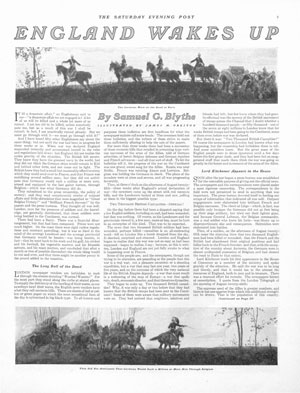
The men had fallen at the Battle of Mons, in Belgium, where the British army had vainly tried to stop the German advance toward France. The official casualty figure has been calculated as 1,600, which is still a staggering figure of dead and wounded. Much, much higher figures were to come in the months ahead.
On the day before there had been a dispatch saying that a few English soldiers, including an earl, had been wounded; but that was nothing. Of course, as the Londoners and the provincials viewed it, a few men, more or less, must be hurt in an enterprise of this kind. That was to be expected.
The news that two thousand British soldiers had been wounded, perhaps killed—casualties is an all-embracing word—fell on London like a bomb dropped from the sky. It shocked, surprised and stunned…
“They began to wake up. Two thousand British casualties! Why, it was only a day or two before that they had known that the British troops had been sent to the Continent.”
Taking the Cure: The Treatment of Americans for Europitis
By Corinne Lowe
 Writer Corinne Lowe seemed to relish the sight of panicked Americans desperate to get a ship’s berth out of war-torn Europe. Her scorn for Americans seeking culture in the Old World was shared by the Post editors. In the coming months, they ran several articles and editorials that mocked Americans who had snubbed their homeland to pursue Europe’s quaint, continental charms.
Writer Corinne Lowe seemed to relish the sight of panicked Americans desperate to get a ship’s berth out of war-torn Europe. Her scorn for Americans seeking culture in the Old World was shared by the Post editors. In the coming months, they ran several articles and editorials that mocked Americans who had snubbed their homeland to pursue Europe’s quaint, continental charms.
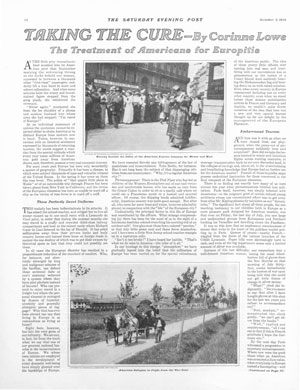
“Picturesqueness! There is the Pied Piper who has led us children of the Western Hemisphere out of our cool verandas and comfortable homes, who has made us turn from the Grand Canyon in order to sit at a smelly café where we could see a Franciscan monk or a booted and spurred officer. …
“Undoubtedly the principal factor in this life of Europe was constituted by the officers. What strange compensating joy there has been, for the most of us, in the sight of a handsome Austrian colonel crunching his morning roll at an outdoor café ! One glance at those fawn-colored ‘panties,’ at that tidy little green coat, and those fierce mustaches, and I have seen a little New Jersey school-teacher crumple up in a rapturous colic. ‘Isn’t it too lovely!’ I have heard her babble. ‘That’s what we do miss in America — the color of it all.’
“In our bondage to this foreign ‘atmosphere’ we have gradually lapsed into the belief that the militarism of Europe has been carried on for the special refreshment of the American public.”
War and Business
By Will Payne
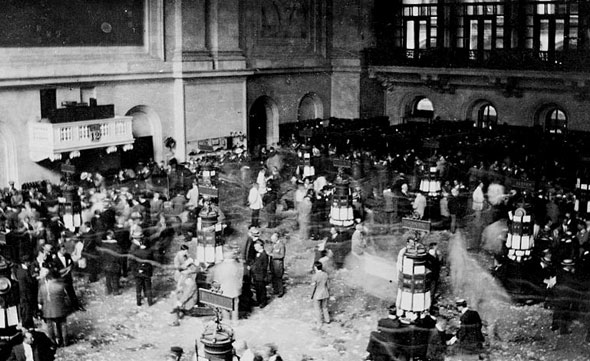
While the Post reported on the political and social aspects of Europe’s war, it never lost of sight of the impact it would have on American business. Will Payne explained why the outbreak of fighting 3,000 miles away had caused America to close trading on July 31, 1914 it wouldn’t reopen until November 28.
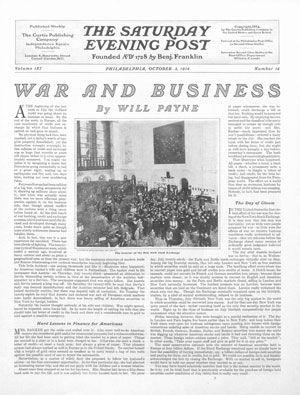
“In the United States the first violent effect of the war was the closing of the New York Stock Exchange. It is clear now that this step was inevitable; yet so little were people prepared for war — so little were the effects of war on modern business conditions really understood in advance — that 10 minutes before the Exchange closed many persons of ordinarily good judgment believed it would remain open.
“The most conservative estimate puts the amount of American securities held in Europe at four billion dollars. If the Stock Exchange remained open we should have to face the possibility of buying immediately, say, a billion dollars of foreign-held securities and paying for them, not in credits, but in gold. We could not possibly do it, [and frankly acknowledged the fact by closing the Exchange]. With no market to sell in, foreigners would have to hold our paper whether they wanted to or not.
“You may have heard somebody mention that this is the richest country in the world. So it is; yet its total fund that is practicably available for the purchase of foreign-held securities under conditions of July 31 is really very small.”
Step into 1914 with a peek at these pages from The Saturday Evening Post 100 years ago.
Become a Saturday Evening Post member and enjoy unlimited access. Subscribe now
